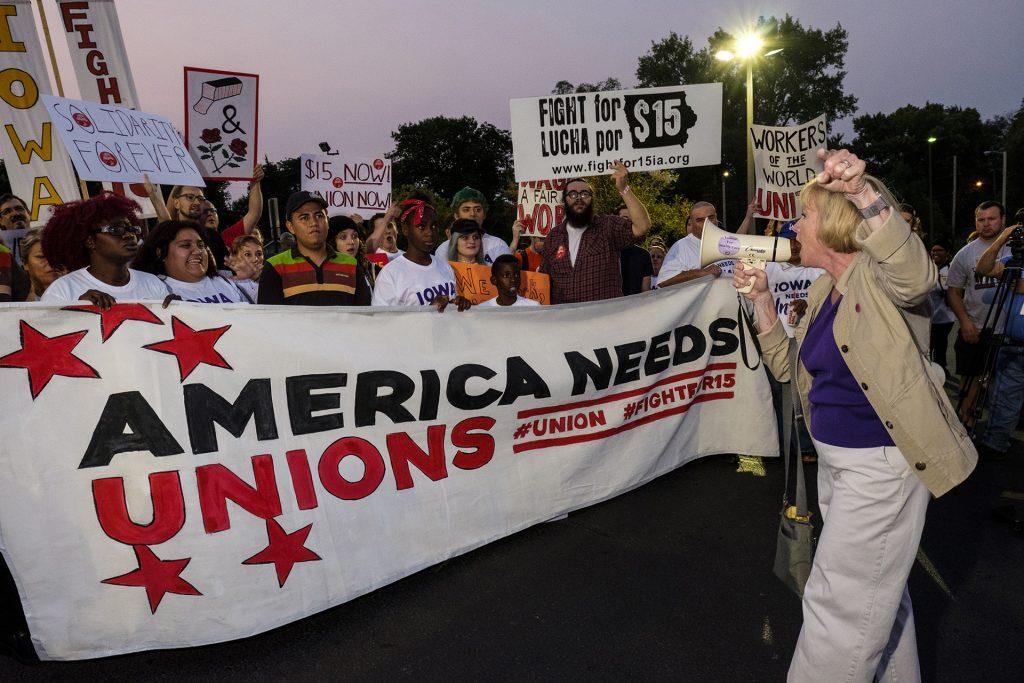A new study may have labor unions thinking twice before going on strike.
The study, headed by Tippie Chair in Finance Erik Lie and Tingting Que, an assistant professor in the Finance Department at the University of Alabama-Huntsville, found unions are more likely to be sold after behavior that could be viewed as contentious or problematic by management, such as going on strike.
Lie said this study was one in a string of union studies he’s completed.
“The study looks at what companies might do if they face tough unions,” he said. “They can try to negotiate with the union, but that might be tough. Many times, they will sell the assets associated with the union and move those assets out of state.”
Lie said this is detrimental to unions because the new owners of those assets then don’t have to follow the old contracts negotiated by the union with the previous owner.
“The new company will start with a clean slate; they don’t have to recognize old labor contracts,” Lie said. “It’s a win across the board, except for the employees.”
Que elaborated on the topic, noting that the findings may affect unions across the country.
She said the study revolved around asset sales, or selling partial parts of businesses, not takeovers, which is the transaction of entire businesses.
RELATED: The future of labor and civil rights in Iowa
“The labor union rights in the private sector is around 6 percent,” Que said. “I don’t see any direct impact on union rights nationwide.”
Unions may not yet know about the findings of the study, Lie said.
“If they knew, maybe they’d behave differently and take back power,” he said.
Lie also noted the weakening of unions has been a problem in recent years for workers.
A big reason for this, he said, is the Right to Work laws in states such as Iowa, which allow workers to hold jobs without joining a union associated with the trade, weakening the union’s membership.
“We see this in the overall economy that unions are getting weakened,” Lie said.
Ken Sagar, the president of the Iowa Federation of Labor, noted the findings of the study and the general weakening of unions across the country.
“I find it belittling that unions standing up for the rights of workers are being construed as contentious,” Sagar said.
He said unions have suspected behavior such as this for some time, and the study’s findings are in alignment with their suspicions.
“It’s not particularly surprising that they’ve found another way to attack the rights of workers,” Sagar said.
The way for unions to regain power, Sagar said, is through legislative change.



